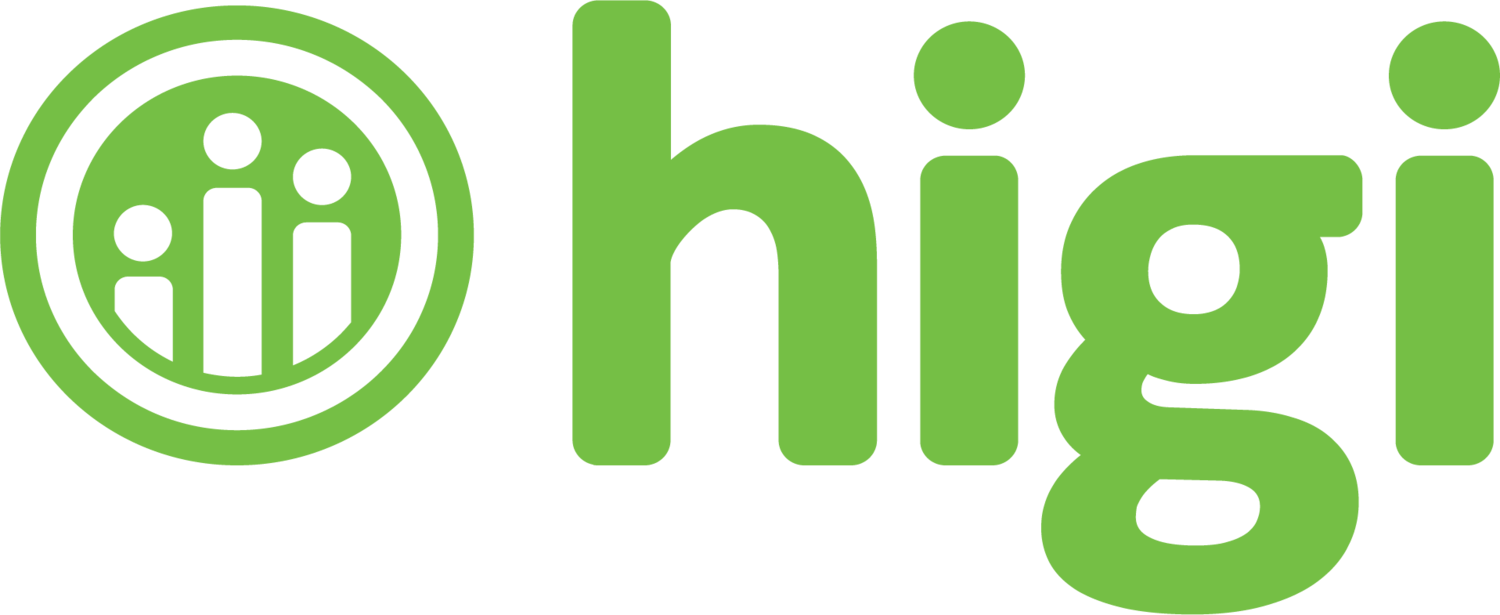Heart Health Isn’t a One-Size-Fits-All
For Heart Month in February, we looked at some of the insights coming out of our heart health risk test, which captures body measurement as well as lifestyle indicators to provide consumers with a score for their 10-year or lifetime heart attack and stroke risk. Five months later, we’ve seen nearly 60,000 additional completes of the risk test, with risk results remaining consistent since launch.
One of the data points we collect from test takers is whether they are taking medications to help manage their blood pressure. A participant’s response to this question paired with their blood pressure reading results from their station session provides insight and can open an important communication channel across a variety of healthcare stakeholders.
Of participants who say they are not taking medications, over half (55%) had blood pressure readings in the hypertension range. This combination of results creates an opportunity for diagnosis and treatment either through lifestyle modifications, prescription medications or the combination of the two. Providers can establish or reengage with a patient, and health plans can identify and reduce risk by getting a member’s numbers under better control.
Of participants who say they are taking medications, over two-thirds (67%) had a blood pressure reading in the hypertensive range. This could be an indication that the patient is not taking their medications as prescribed, or that their medication needs to be adjusted. A pharmacist may be able to intervene right away, having a discussion with the patient about medication adherence to identify and address any challenges the patient might have with their prescription. Alternatively, a provider may need to reengage with their patient to reassess and adjust a prescription or identify a need to monitor their patient more closely through more regular shared blood pressure readings or a more formal remote patient monitoring solution.
In either scenario, across stakeholder groups, the risks and real and the costs are significant. According to the American Heart Association, adults with high blood pressure are estimated to pay nearly $2,000 more in annual healthcare costs compared to those without high blood pressure, and across the country, annual healthcare costs for those with high blood pressure are estimated to be $131 billion higher compared to those without the disease. [1]
As an additional heart-health resources for our platform users, we’ve added a guided digital program, powered by the American Heart Association. Participants can identify where they would like help with blood pressure management, including taking medications, to receive ongoing education, tips and tools to help them reach their goals. The program supports provider, plan and pharmacy-led initiatives to proactively engage consumers in their care, complementing established care plans with a self-guided, digitally driven experience.



